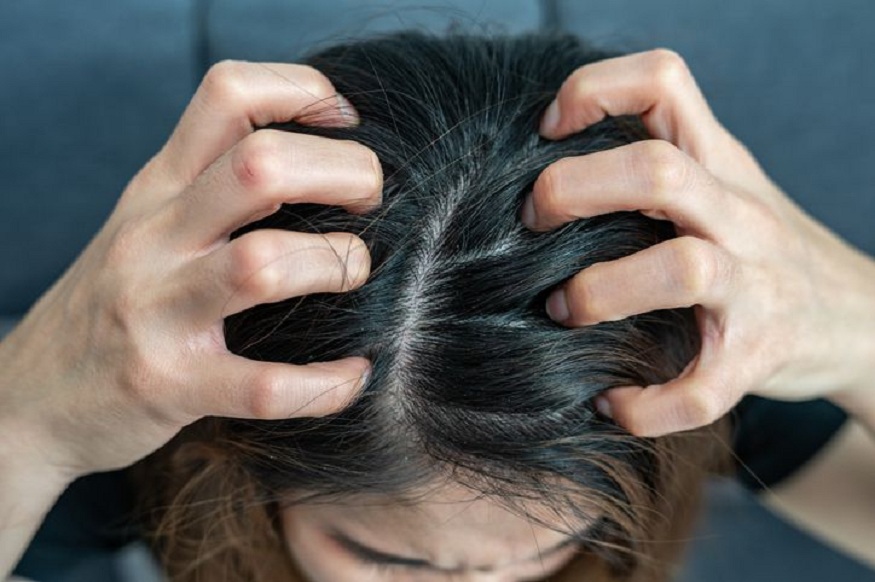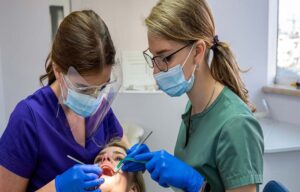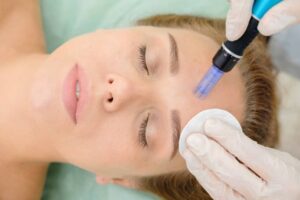What is the difference between skin and scalp psoriasis
Psoriasis is a chronic, inflammatory skin condition that can affect different parts of the body, including the skin and scalp. While the symptoms of skin and hair psoriasis can be similar, there are some important differences to be aware of:
Location: Skin psoriasis can appear anywhere on the body, but is most common on the elbows, knees, lower back, and scalp. Scalp psoriasis mainly appears as red, scaly patches on the scalp, but can also spread to the ears, forehead, and back of the neck.
Associated symptoms: In addition to red, scaly patches, skin psoriasis may be accompanied by itching, burning, and pain, especially if the lesions are located in areas of friction or skin folds. Hair psoriasis is often associated with intense itching and excessive scaling, which can cause significant scalp discomfort.
Psychological impact: Skin and scalp psoriasis can have a significant psychological impact on the quality of life of those affected, due to the visible appearance of the lesions and associated symptoms. However, scalp psoriasis can be particularly difficult to manage due to its visibility and impact on self-esteem.
In summary, although skin and scalp psoriasis share many similar symptoms, there are subtle differences in their presentation and impact on quality of life. It is important to consult a dermatologist or qualified healthcare professional to obtain an accurate diagnosis and appropriate treatment based on the location and severity of the condition.
How to diagnose scalp psoriasis?
Scalp psoriasis can present in a variety of ways and can sometimes be confused with other scalp skin conditions such as eczema or seborrheic dermatitis. To properly diagnose scalp psoriasis, it is important to consult a dermatologist or qualified healthcare professional . Some common signs and symptoms to look out for include: red, scaly patches, itching and burning of the hair, excessive flaking with the presence of small silvery or white scales that easily come off when the scalp is scratched, hair loss…
If you experience any of these symptoms, it is recommended that you consult a healthcare professional as soon as possible to obtain an accurate diagnosis and an appropriate treatment plan.
Best practices for calming and treating scalp psoriasis
The ideal is to opt for an anti-inflammatory diet , with minimally processed, natural and organic foods as often as possible. We will limit refined sugars and high glycemic indices, gluten of industrial origin by favoring other sources of whole sugars than wheat, such as potatoes, sweet potatoes, millet, buckwheat, einkorn, etc. We can favor organic dairy products from small animals such as sheep, a quality vegetable milk or unpasteurized organic milk from cows that graze.
We will stock up on antioxidants with colorful plates and we will think about incorporating small oily fish, such as mackerel or blue-white heart eggs, regularly into our diet to stock up on omega 3.
To pamper your intestines, you can integrate natural probiotics into your diet with lactofermented vegetables, pickles, unpasteurized cider vinegar, kefir or kombucha, miso or even organic bread with traditional sourdough.
And finally, don’t forget to hydrate yourself well with quality water, low in minerals like Mont Roucous or Volvic, or filtered tap water. Water is key to keeping skin hydrated, promoting healthy intestinal function and eliminating toxins!











Post Comment
You must be logged in to post a comment.